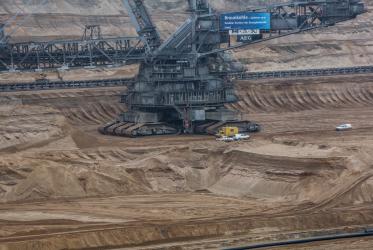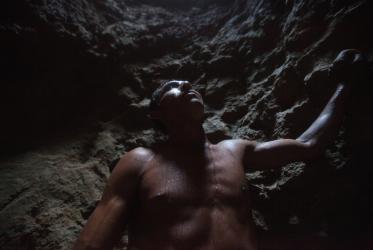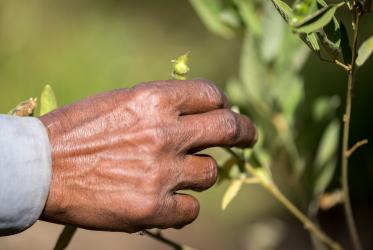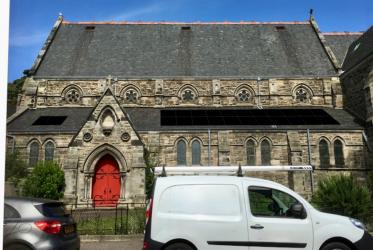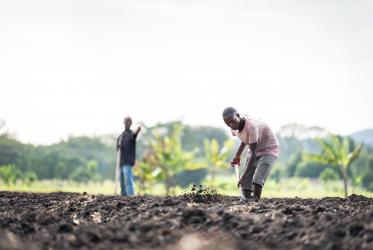Displaying 81 - 100 of 316
WCC Eco-School 2022 postponed to November 2022
31 March 2022
Groundwater: a hidden treasure we need to protect, say EWN members
28 February 2022
WCC stands in solidarity with victims of major flood in Brazil
17 February 2022
WCC invites webinar on ’Racism, Land and Food’
09 December 2021
Protecting Ethiopia’s church forests
27 October 2021
Climate crisis fuels existing water injustice
27 October 2021





